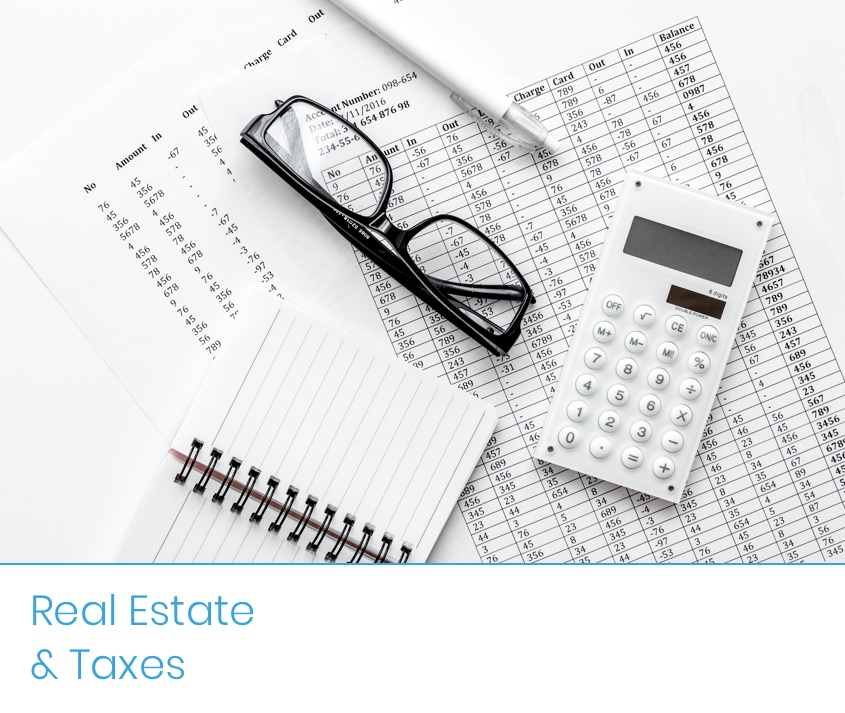You are viewing our site as a Broker, Switch Your View:
Agent | Broker Reset Filters to Default Back to ListReal Estate and Taxes: What's in Store for 2018?
March 13 2018
 Americans across the board are curious as to how the new tax laws will impact what they pay in coming years. One industry people are particularly curious about is real estate — and how the new law will affect the market. Read on to find out more about how 2018 tax laws could shake out in the real estate business.
Americans across the board are curious as to how the new tax laws will impact what they pay in coming years. One industry people are particularly curious about is real estate — and how the new law will affect the market. Read on to find out more about how 2018 tax laws could shake out in the real estate business.
Change in Tax Deductions Means Fewer Buyers
Under current laws, there's no limit on the amount of local and state taxes that can be deducted from federal income taxes. That changes with the new law — which puts a $10,000 cap on tax deductions. This can make a big difference for people who own homes in areas with high local property taxes (like New York, New Jersey, California and other locations). This might discourage people from buying in those areas that have high local property taxes — shifting sales activity to other regions — or encourage them to buy cheaper property, which means this could have a negative impact on the luxury residential real estate market in those areas.
Mortgage Interest Deductions Are Capped
In addition to capping local and state tax deductions, the new tax bill also caps the deductions for mortgage interest. The mortgage-interest deduction will now be capped at $750,000 for new mortgages. The cap won't apply to existing mortgages — only ones for new home purchases, which could potentially discourage people from buying expensive property, and end up harming the luxury real estate market, as well.
Commercial Real Estate Wins
While the residential real estate market may suffer after the new tax structure, some experts believe the commercial real estate business will benefit from the change in law. The new law provides deep tax cuts for corporations and more deductions for business that are structured as LLCs or partnerships; many real estate businesses are set up in this format (or as other types of "pass-through" companies), which means that those businesses invested in commercial real estate may now be able to pay the same tax rate as their personal income tax rate — ultimately resulting in much lower annual tax bills than they had previously.
Forecast Remains Uncertain
These cause-effect relationships are never set in stone, as many variables are still to be explored, such as the fact that the new law allows more people — especially the middle class — to keep more of their money, which could in turn result in more real estate purchasing as budgets become less tight. Another consideration is the effect of the law on stock markets and interest rates, with early indications showing a lot of market confidence because of the new tax law. The true results are yet to be seen, of course. If there's one thing that is certain about new laws, it's the law of unintended consequences that often wins out in the end!
To view the original article, visit the Chime Technologies blog.









